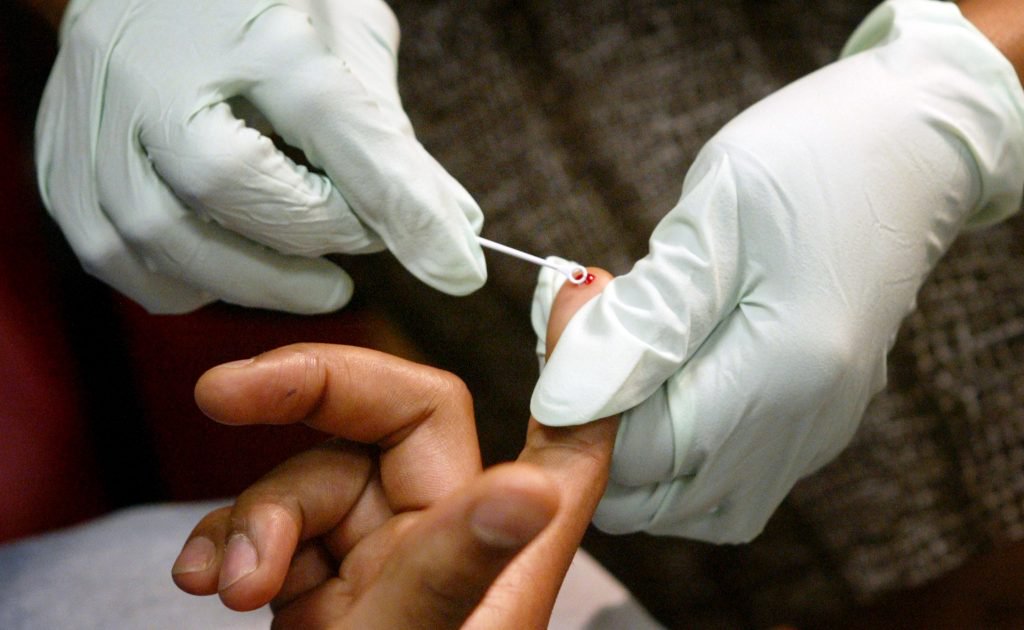Nearly half of British men believe people living with HIV ‘don’t care’ about infecting others, says a new study
The study by PrEP supplier Mylan also found 35 per cent of people don't think HIV-positive people should have children
By Steve Brown

Words: Steve Brown
Nearly half of British men believe people with HIV are ‘out to infect others’, claims a new study.
Mylan, the supplier for the NHS’ PrEP Impact Study, found that people are still unaware that those living with undetectable levels of the virus are unable to transmit HIV to others even through unprotected sex.
It also found that only six in 10 British people believe people with HIV ‘care’ about infecting others.
Shockingly around 45 per cent of men admitting to believing that people living with the virus ‘don’t care’ about infecting others and around 36 per cent of women believe this as well.
Around 65 per cent of people said they would not be comfortable with their child being in regular contact with someone living with the virus and only 35 per cent of respondents agreed HIV-positive people should be allowed to have a baby.
Mylan UK county manager, Jean-Yves Brault said: “These statistics not only show worrying and varying levels of education around HIV, but also an indirect discrimination as a result.

“We hope these results foster conversations amongst peer groups in order to better support the HIV community.
“[We also hope it] highlights the differing levels to which the wider public is educated about this manageable illness.”
Dr Laura Waters, chair of the British HIV Associations Guidelines Committee, added: “Stigma against people living with HIV is one of the reasons we have yet been unable to end the epidemic.
“These survey results, showing deep stigma persists despite availability of effective HIV treatment for almost a generation, highlight an urgent need for misconceptions to be challenged.
“We know that people on successful treatment, who have undetectable virus in their blood, have a normal life expectancy and cannot transmit HIV to their partners.
“Stigma is a barrier to testing and to accessing care – ensuring the U=U message is understood by all is a priority.”
